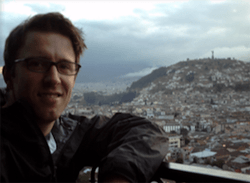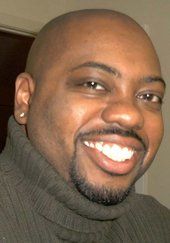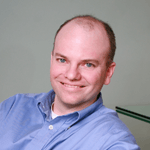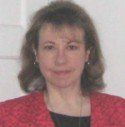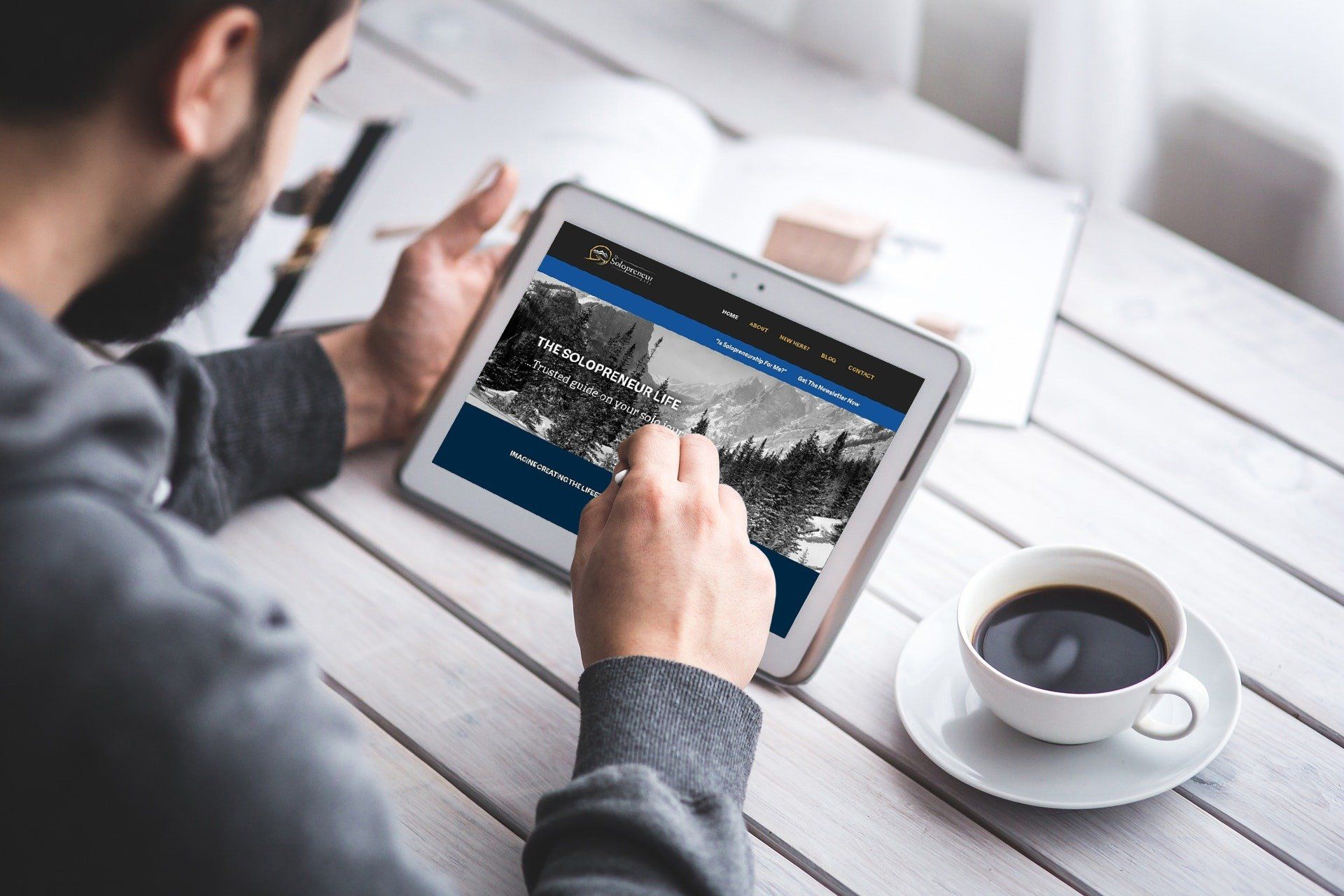The Solopreneur Life | Passive Income | Home Business
Featured Solopreneur Derek Peterson: “Always Work to Fill the Glass”
- By Gregory Rouse
- •
- 01 Apr, 2019
This is
“Featured Solopreneur,”
an ongoing series that gives all of us a glimpse at how other solopreneurs operate their small businesses. Click Here to read more Solopreneur Success Stories.

Name of solopreneur:
Derek Peterson, International Child/Youth Advocate
Name of business and location:
Institute for Community and Adolescent Resilience, Lidgerwood, North Dakota
Web site address:
www.icar-us.com
Type of business:
Helping kids succeed
When did you officially go into business?
1992
Why did you start your own business?
I took a 2.5-year “edventure” and uncovered my Call. I like EVERYTHING about being in business for myself. It keeps me learning, changing, growing, connecting, and serving.
What was the best thing you did when you were starting up your business?
Two things: I had a clear focus through an articulated business plan that included defined strategies and timelines AND I never went into debt. By staying debt-free I could focus on my plan, and avoid chasing money.
What is a mistake that you made that you have learned from?
I first followed the American definition of success by growing BIG, hiring staff, raising revenue, and making a lot of noise. I learned that by growing, I moved myself further and further away from my Call. I am much more productive, content, and balanced by being a solopreneur.
What is your biggest current challenge in the business and what are doing to try to solve it?
Compelling my clients to adopt the personal and systemwide changes needed to help kids succeed. They are comfortable with tiny, cosmetic adjustments in their attitudes and behaviors but are reluctant to change their habits and cultures. I am taking a one-year (or longer) sabbatical to explore these issues and revitalize my energies, ideas, and passions.
What are your goals for the next 12 months?
To do the following:
1) Get outside – often.
2) Read two books per week.
3) Update my materials.
4) Write two new books.
5) Update and cleanse my contact database.
Where do you want to be with the business in five years?
I would like my partner to quit her professional position, expand the mission of the business to include her passions, talents and skills, and travel the world with me doing children’s rights and development work. I would like us to work no more than 100 days a year and have a shared revenue stream of at least $60,000.
What are your main software programs and Internet sites?
I use a Mac. Some that I value highly that your readers may not be familiar with:
RapidWeaver
Wunderlist
IBank
IMindMap 5
Basecamp and Highrise
MailChimp
Scrivener
Autoslash.com
Tingo.com
Kayak.com
What lifestyle choices have you made to stay in business?
In terms of possessions and materialism, I live a life of voluntary simplicity. But in terms of explorations, service, and interconnectedness, I live a life of voluntary complexity, guided through synchronicity. Both serve to ensure the wide base of stability needed to become the man I was born to become, live the life I choose to live, and serve those I am called to serve.
What are your strategies for staying competitive?
I can meet the needs of my customers immediately. I can adjust my framework to serve their needs. I can learn anything I need to be competitive – from new software to a new language, from adapting new research into my work to constantly improving my framework and teaching techniques to be congruent with new research and practices. I can move anywhere on earth. I can find common ground, based in common purpose, with almost any individual or organization on earth.
Do you need a second household income to support your lifestyle?
Nope, not at all. It is primary.
If your business should fail, what is your fallback position?
I would leap to one of the several revenue streams that I have not yet capitalized, developed, or initiated.
If you could start your career all over again, what would you do differently? Why?
I have not worked more than 170 days per year since 1997. I was fortunate that each one of my jobs was interesting. In those jobs I worked with intelligent, decent, and joyful people who labored to manifest the mission of the institutions we served. No, I would not do anything over. I have lived a life where I have been as free as I have chosen to be, where I was able to purchase the things that I needed and participate in the activities that expanded my repertoire of experiences, while broadening my comfort zones.
What’s your advice for aspiring solopreneurs?
Make sure you know where you are going, why you are going there, whom you are serving, and who is going with you. Make a habit of seeing yourself and your work through your clients’ eyes. Find, make, and deepen connections with mentors/advisors. Remain a humble learner, and rather than debating whether the glass is half-empty or half-full, always work to fill the glass.
Are you glad you became a solopreneur? Why or why not?
I have not been an employee since May of 1992. I don’t even know if I am equipped to return to the professional world of 220 days of work for a salary. I have grown accustomed to keeping time with my own heartbeat, being responsible for myself, to myself, and to those whom I choose to be committed.
Free Newsletter "Get the Latest Solopreneur Tips and Advice"
